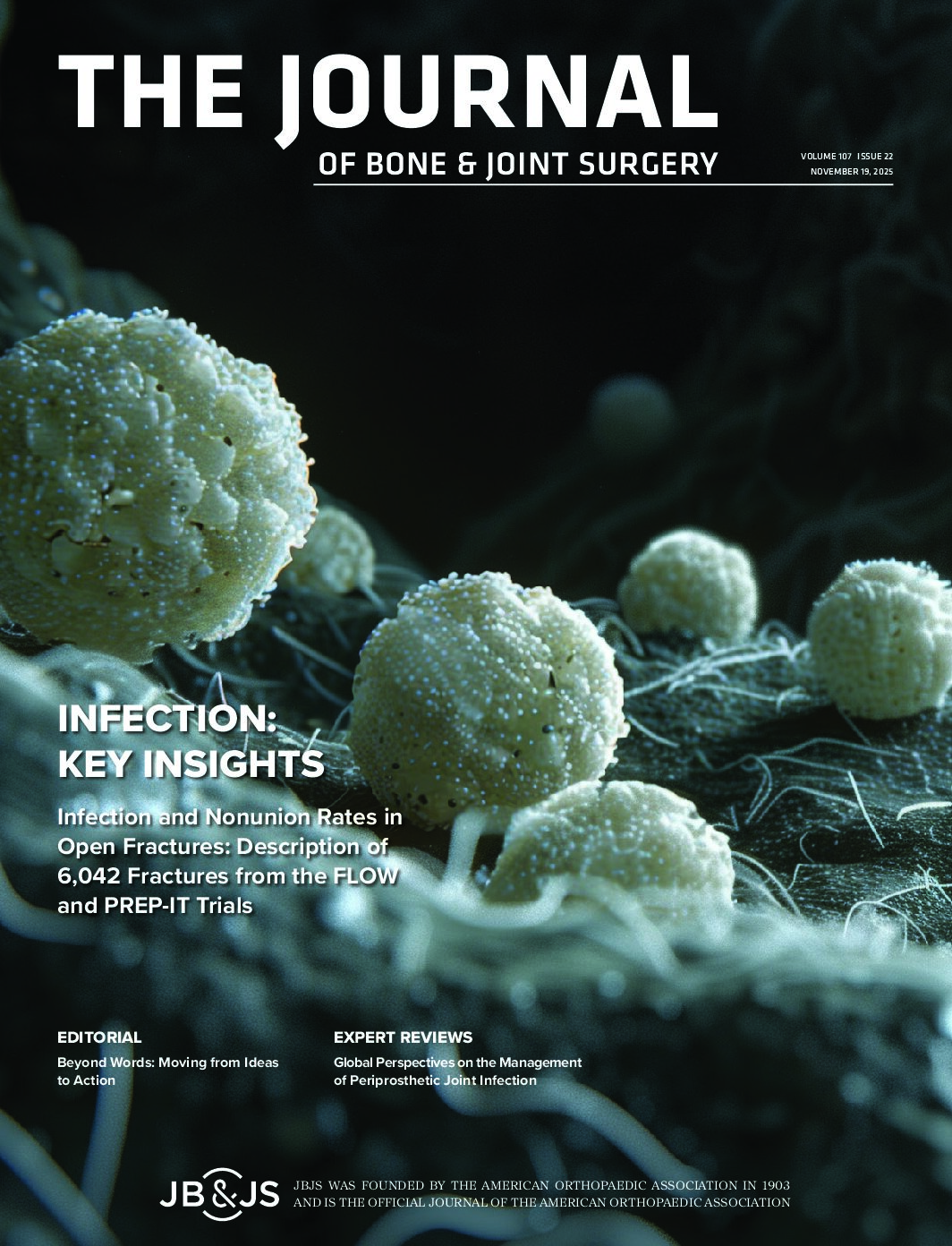The signaling activity of CD14+ monocytes after hip replacement surgery in 32 patients correlated strongly with the patients’ reports of postsurgical pain and function. Stanford researchers reporting in the September 24, 2014 Science Translational Medicine exposed pre- and postsurgical blood samples from the 32 patients to mass cytometry and discovered that people whose CD14+ cells were highly active in specific ways after the operation recovered faster than those whose cells showed low activity.
The current findings can’t be used to predict prior to surgery which individuals will recover quickly or slowly, because the postsurgical CD14+ activity that correlated with clinical outcomes was present only after surgery. But further research on larger numbers of people could lead to “diagnostic signatures” to help predict individual recovery times and to therapeutic targets for improving patient recovery overall.


